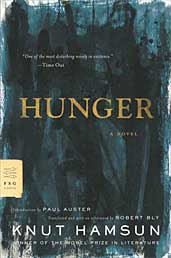 Until reading this book, the extent of my knowledge about the explosion in Halifax during World War I comes from a Joel Plaskett song where he sings;
Until reading this book, the extent of my knowledge about the explosion in Halifax during World War I comes from a Joel Plaskett song where he sings;
"Wanna know the truth? / I was thinking 'bout ships / in the Halifax harbour / before they blew the city to bits / in nineteen hundred, seventeen."
The truth of the matter is that this event was on par with the World Trade Centre attacks. The blast had 1/6th of the power of the blast that destroyed Hiroshima as a ship that contained 3000 tonnes of explosives blew up in the harbour. 2000 people were killed, 6000 wounded and 9000 left homeless.
It is this event that provides the climax for Hugh MacLennan's novel. Taking place over eight days in December 1917, Barometer Rising is a war novel situated not in the battle fields of Europe, but at the third most important port in the British Empire, Halifax.
Neil McCrae is hiding out in the city, searching for the one person that can clear his name from a court martial. He needs to avoid Geoffrey Wain, his uncle and the commander of his battalion, whose order he disobeyed. McCrae's cousin and Wain's daughter, Penny, is showing herself to be an expert ship designer having only got the opportunity because the men are at war. Penny is being pursued by an aged Colonel, Angus Murray, who was a Medical Officer before an injury sent him back to Canada, though Penny is still carrying a torch for her cousin who is presumed dead.
A surprisingly good read, though MacLennan obviously has an affinity for Halifax and its environs, describing the harbour, shipyards and areas of the city to the point of tedium. The plot is slightly botched as the explosion renders the character's problems moot, but this is not enough to ruin the read.
An important artifact of Canadiana both for its literary quality and its historical significance.
 Contrary to popular belief, Frankenstein is not the monster. Frankenstein is the scientist that creates the monster. The monster is just the monster, he doesn't have a name.
Contrary to popular belief, Frankenstein is not the monster. Frankenstein is the scientist that creates the monster. The monster is just the monster, he doesn't have a name. 









